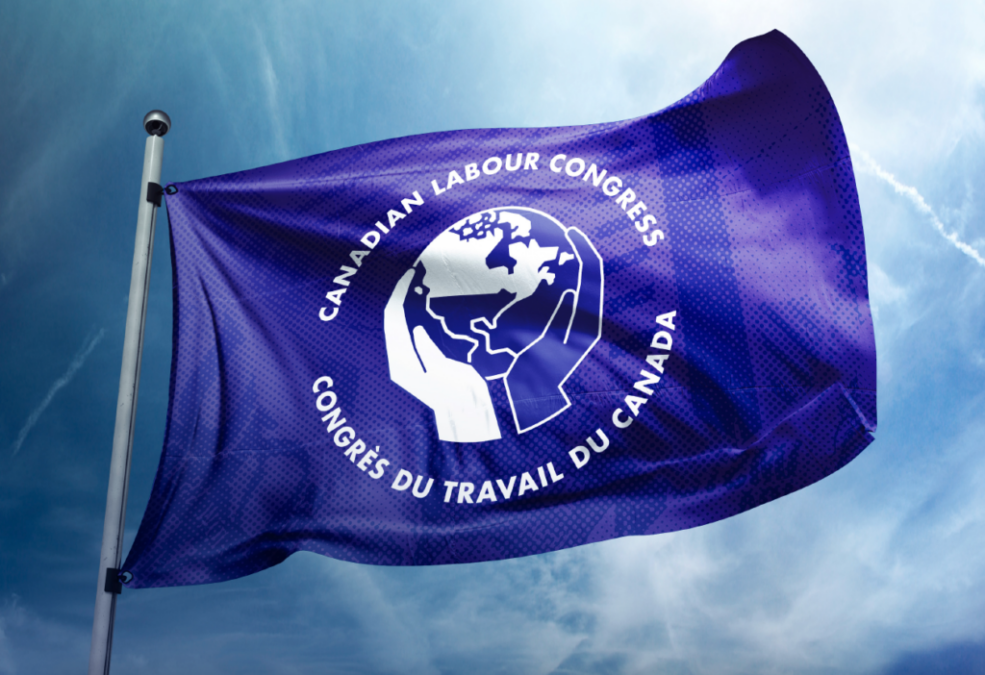
Government, workers and businesses must come together to win the low-carbon economic transition
By Bea Bruske, President of the Canadian Labour Congress as published in iPolitics
Today Canada faces a once-in-generation economic, environmental, and political challenge, and we won’t get a second chance to get this right.
Our neighbour and biggest trading partner is aggressively adapting their workforces and industries. Countries around the world are accelerating their transition to a zero-carbon economy. If we fail to act now, our industries will lose out and our workers will be left behind. Our livelihoods and communities will be put at risk.
We are facing serious economic and political challenges, for sure. But today’s challenges can become tomorrow’s opportunity if we can show our special ability as Canadians to work together. That’s why Canada’s unions are actively engaging governments and businesses. Some issues make strange bedfellows. But we must rise to meet these challenges, and that means workers, businesses and governments must come together and act for the common good.
The government has introduced positive new legislation that provides a roadmap for Canada’s transition to a low-carbon economy. The Sustainable Jobs Act looks to address climate change and build a low-carbon economy through creating and supporting good, sustainable, union jobs in successful, low-emission businesses. The kinds of family-supporting, middle-class jobs that allow us to build the healthy and thriving communities we want to live in. With some tweaks, the Sustainable Jobs Act will make a real difference for millions of workers and thousands of businesses.
But make no mistake, we certainly will never build the communities we want to live in with precarious, low-wage jobs. Governments can’t just hand out billions in blank cheques to private companies and then hope good things happen. We must always make sure communities benefit when we invest public dollars in private companies.
Workers stand on the frontlines of climate change, including fighting wildfires, restoring downed power lines, and rebuilding our communities after extreme weather hits. Workers are also front and centre dealing with the impacts of this economic transition. Like the energy workers worried about the future, the farm workers battling droughts, or the construction workers who keep on building through sweltering heatwaves.
As the democratic representatives of workers, the labour movement must have meaningful seats at the decision-making table. Workers and the businesses that employ them must be at the table with governments if we are serious about crafting solutions. There should certainly be no opposition to the principle that, as Canada shifts to a low-carbon economy, no workers or industries are left out of this conversation.
This might be a global challenge, but our solutions must be local. Building a low-carbon economy will mean new opportunities across the country, in every sector and every region. Clean energy manufacturing, critical minerals, non-emitting and renewable energy, electric vehicles, and the list goes on. Unions are ready to work with businesses, so they are well-positioned to succeed in tomorrow’s economy.
In 2015, Prime Minister Stephen Harper said moving to a low-carbon economy would “require a transformation in our energy sectors.” Now, workers are looking to MPs from all parties to work with us to quickly pass a strengthened Sustainable Jobs Act. Then we can get down to the hard work of creating good jobs and successful businesses in a sustainable economy.
Hundreds of thousands of jobs and billions of dollars in economic activity hang in the balance.
Bea Bruske is President of the Canadian Labour Congress. Follow her on Twitter @PresidentCLC







